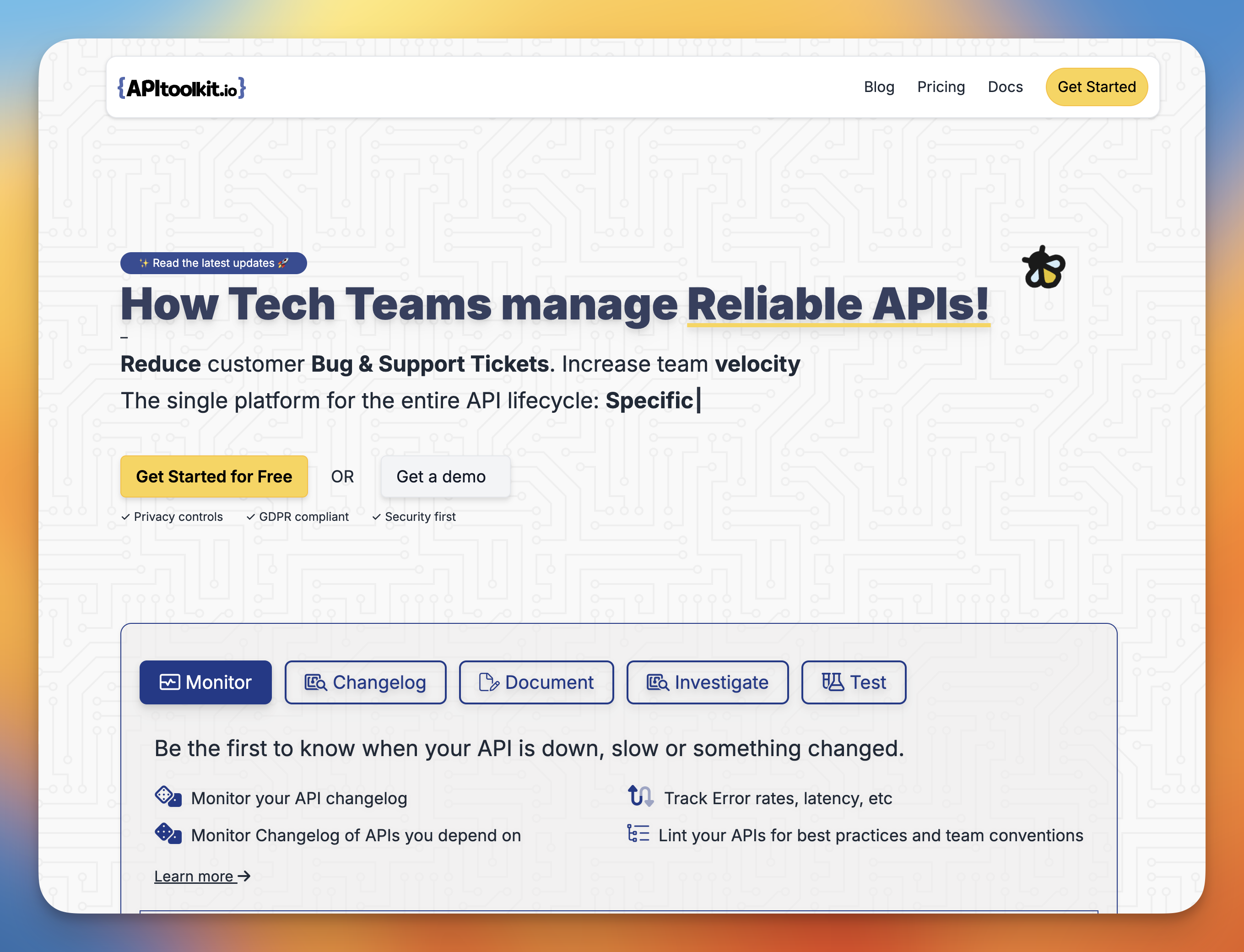When Anthony Alaribe decided to create APIToolkit it was inspired by years of operational experience managing Application Programming Interface (API) integrations as a software engineer. Working with companies like Opera, where he worked in Opay in the early days in 2018, gave him first-hand experience into the workings of the fintech industry. Also, extensive experience as a software developer in various firms has shown him the problems of integrating software services into businesses.
As the world evolves and technology becomes better, businesses are seeking easier and faster methods of launching to market and making the customer experience more seamless. Startups are leveraging AI and other tech solutions to evolve and scale faster. With over 200 startups operational in Nigeria and technology-backed startups increasing in the country, using software services is becoming the norm. Among these startups, the smart ones are piggybacking on already existing tech and software systems to serve their customers better instead of wasting time building from scratch.
However, integrating third-party API comes with its own set of problems. When a provider is experiencing downtime, your customers will experience the same downtime and this problem will require you to play intermediary. While playing intermediary you may encounter roadblocks. Your integration partners may not always know the reason for a problem and they may not always be honest about this. You’ll be left to deal with angry customers who you won’t be able to give reliable solutions.
API logs are a rich source of data and insight into your app but also into customer behaviours, needs, and preferences. With this insight, you can create more customer-tailored products. However, tracking the performance of your API to identify bugs and get insights costs resources in personnel and money.
These third-party systems can also be expensive to use. It’ll cost you to integrate, monitor, and manage the API. Your business may require multiple API integrations which will cost more. Your business also loses money and customer faith every time bugs you cannot identify yourself interrupt your service.
The integration solution
To solve these problems Anthony Alaribe created APIToolkit, the all-in-one API management system for developers. The goal of API Toolkit is to reduce the shege engineers experience when integrating and managing API. Built by engineers, this experienced team is using AI to prevent huge financial losses and fasttrack the problem-solving of engineering teams. APIToolkit uses AI to monitor, document, and test API. With this toolkit, engineers can be alerted to API errors, investigate bugs in real-time, and launch solutions before customers even notice a problem.
How it works
APIToolkit leverages AI to detect and track most of the technical issues a platform is facing and the root causes which might be the third-party platforms they depend on. It is designed to track errors on applications and build and save developers time on API management. Speaking on this Anthony Alaribe says “At the moment we do this by passing our customers’ traffic through our learning system which builds an understanding of everything going on, letting them query and search through everything their users are doing on their systems, but also see which errors and breaking changes have been introduced by them or their downstream providers.” APIToolkit is basically a real-time quality assurance platform that saves time and resources for engineering teams.
[ad]
Using third-party API requires monitoring, troubleshooting problems, data analysis, and dealing with unexpected downtimes. APIToolkit uses AI and the data it collects to generate automated tests and employ intelligent anomaly detection giving engineers real-time feedback and insights into the software they’re working with. It is a single platform to manage APIs and monitor backend services more efficiently.
Signing up for APIToolkit is easy. Click here to get started. You can also join the Discord community here.










